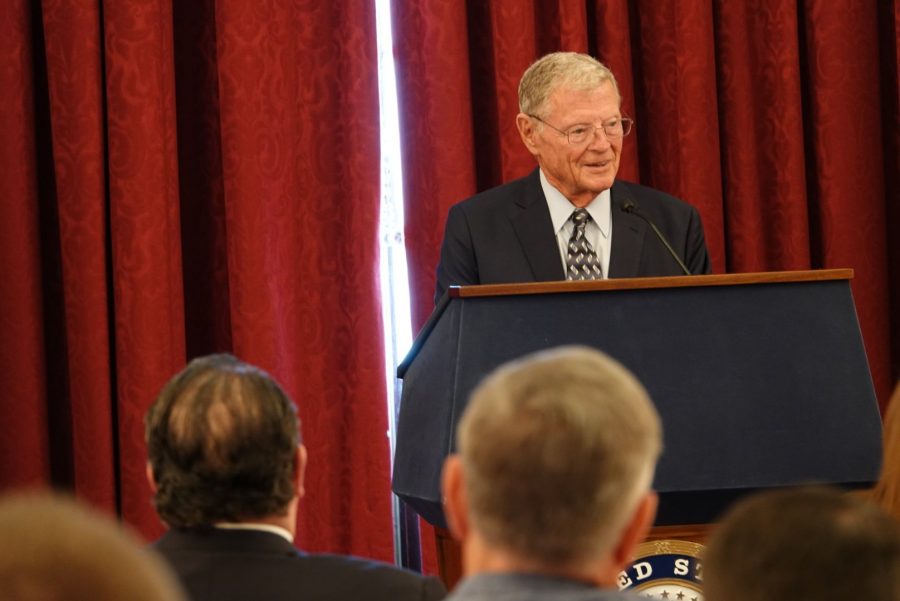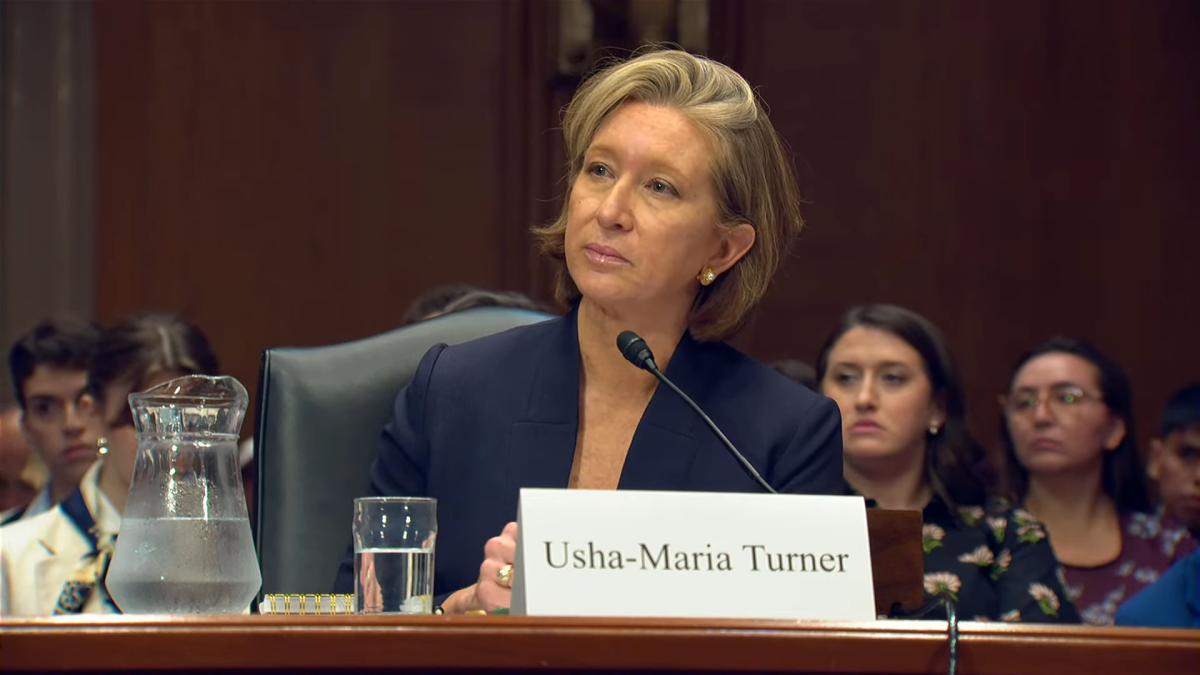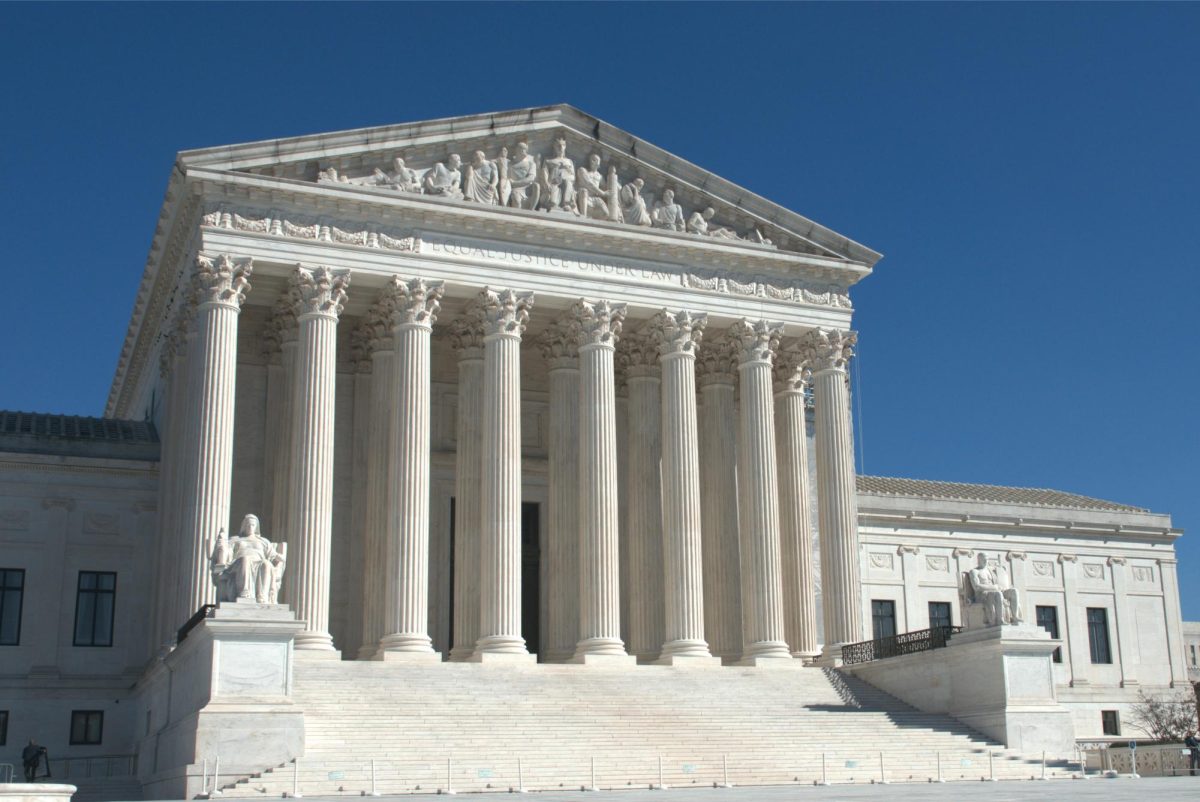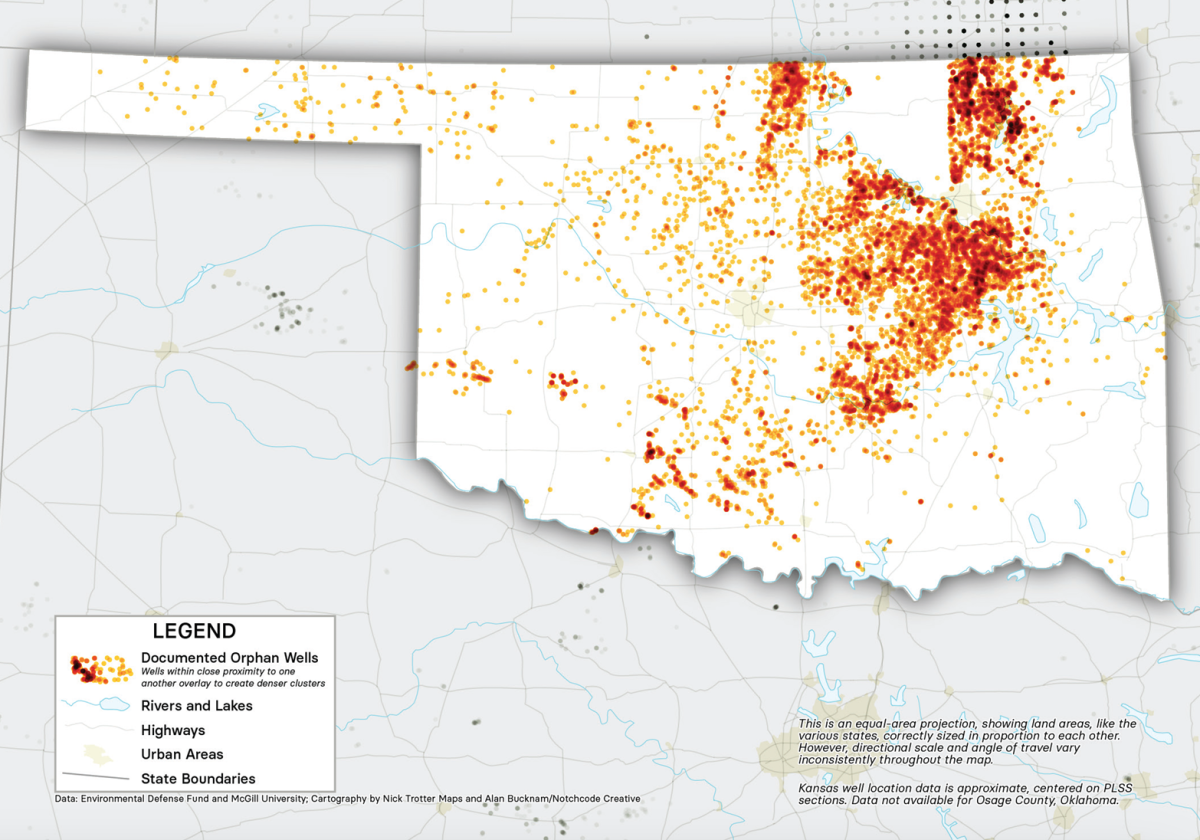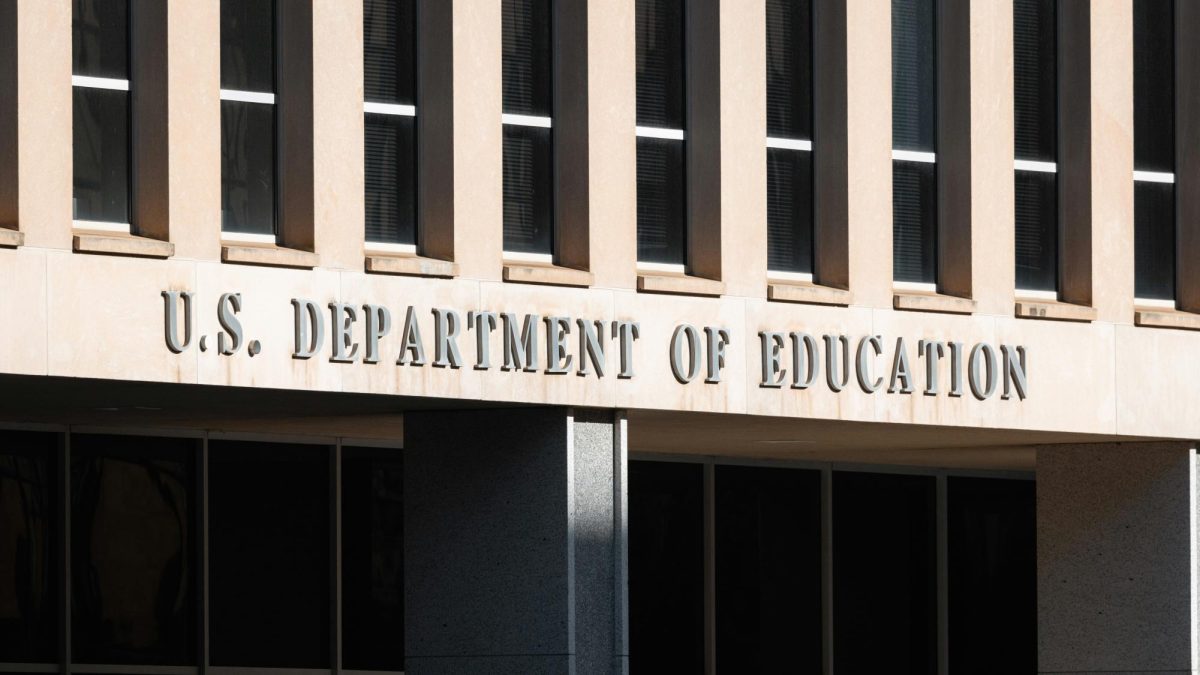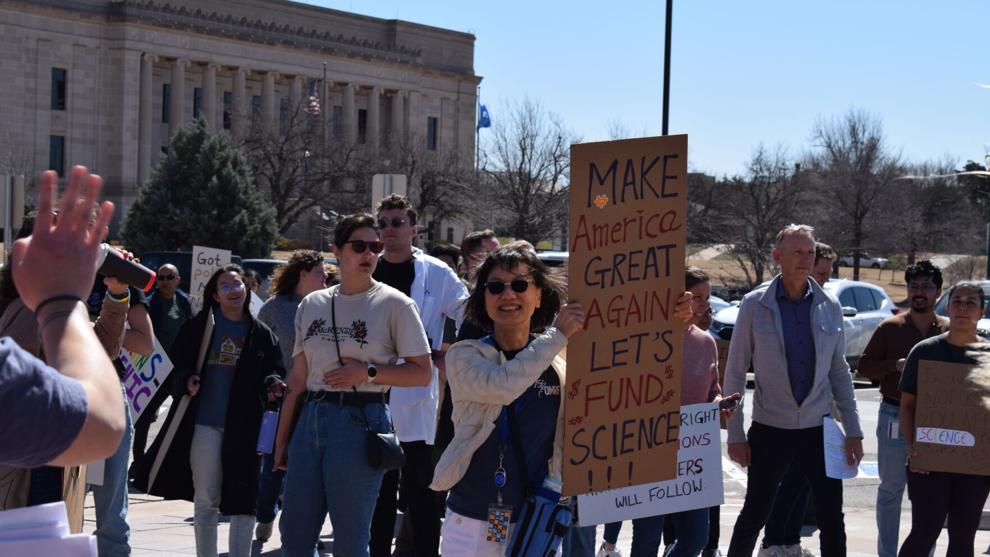WASHINGTON––Amid Sen. Jim Inhofe’s (R-OK) efforts to pass a defense authorization bill this week, the senator commended President Donald Trump’s announcement that the U.S. would withdraw from the Paris Climate Agreement.
Monday, Trump announced that the U.S. would officially begin withdrawing from the Paris climate accord––a promise he made in 2017. Nations worldwide signed the agreement in 2016 to increase international responses to climate change by setting carbon emission reduction plans.
As a senior member of the Environment and Public Works Committee, Inhofe applauded the announcement, saying the agreement only contained empty promises.
“The reality is America’s CO2 emissions have been falling. In fact, in 2017, the United States led the world in CO2 emission reductions while, notably, China led in emissions—and the Paris Agreement wouldn’t have done anything to rein in China,” said Inhofe in a statement. “Clearly the president’s environmental policies are working without heavy-handed, one-sided commitments.”
In September, the U.S. was ranked under the “barely trying” category in reducing carbon emissions by National Geographic. The countries that were listed in the “top of the class” category were Morocco, The Gambia and India.
Shortly after Trump announced his intent to withdraw from the agreement in 2017, Inhofe wrote a USA Today op-ed, praising the president’s decision.
In the 2017 article, Inhofe wrote that by pulling out of the Paris accord, Trump is prioritizing America’s energy dominance and steering the world away from relying on energy-rich countries such as Iran and Russia.
“Our abundance is a competitive advantage that we can share freely with our allies,” wrote Inhofe. “Remaining in the Paris Agreement could hinder Trump’s energy dominance agenda. This risk is not worth taking.”
White House science advisor and Oklahoma native Kelvin Droegemeier said on Tuesday that Trump has made a promise to pull out of the agreement since entering office. Now, he is simply following through.
“I just make sure the president has the best science in front of him anytime, whatever the policy issue is,” said Droegemeier.
Droegemeier leads White House Summit on U.S. Research
Droegemier also started a new program geared toward increasing diversity and security of research nationwide during a summit on Tuesday.
The former University of Oklahoma professor created Joint Committee on the Research Environment, or JCORE, eight months ago. He said Oklahoma small businesses and Air Force bases will benefit from JCORE by creating guidelines to protect their research.
Droegemier said he is encouraging higher education to increase the diversity of their researchers. He called on OU and Oklahoma State University to work together.
“We compete on the football field and on the basketball court, but when it comes to research on this kind of issue, we collaborate to make sure that we’re all working together to ensure the security of research assets and also maximizing the output of our researchers,” Droegemeier said.
In response, OSU released a statement that said they have increased minorities—including women—in STEM research by 88 percent since 2010.
“OSU’s commitment to engaging and empowering its diverse faculty and staff is evidenced by the existence of eight affinity-based organizations, including the Women’s Faculty Council,” said OSU director of media relations Monica Roberts in a statement. “The Women’s Faculty Council receives financial and administrative support to promote recruitment and facilitate the successful reappointment, promotion, and tenure of women faculty, including in STEM fields.”
OSU’s College of Engineering, Architecture and Technology is recognized by the American Society for Engineering Education as one of 28 exemplary models of inclusive excellence across the nation, according to Roberts.
OU could not be reached for comment.
Inhofe urges House to pass National Defense Authorization Act
Inhofe, who is also chairman of the Senate Armed Services Committee, spoke on the Senate floor Wednesday about the need to pass the National Defense Authorization Act, a bill that would authorize appropriations for the 2020 fiscal year and advance policies for defense programs.
“I’ve been asked in the last three days where we are with––what I consider to be the most significant bill of the year every year––which is the Defense Authorization bill. I’ve been having to give the same answer for the last three or four days, and it’s unfortunate,” said Inhofe.
The NDAA has been stalled in the House largely due to Democratic opposition to funding a wall at the Southern U.S. border using military appropriation dollars. Inhofe said he thinks the House will eventually pass the bill, which has passed with bipartisan support for 58 consecutive years.
“If, for some reason, we didn’t get this thing passed until December, our kids over there would not be funded. I am talking about payrolls, I’m talking about everything else. Our military would stop in its tracks,” said Inhofe.
Last week, Inhofe introduced a smaller version of the NDAA, excluding all parts of the larger bill that do not directly relate to defense. Because members of the House spent the week working in their districts, the smaller bill was unable to be voted on this week.
“We need to get it in a matter of days now, as soon as the members of the committees in the House are back in town,” said Inhofe.
Gaylord News is a reporting project of the Gaylord College of Journalism and Mass Communication at the University of Oklahoma.

